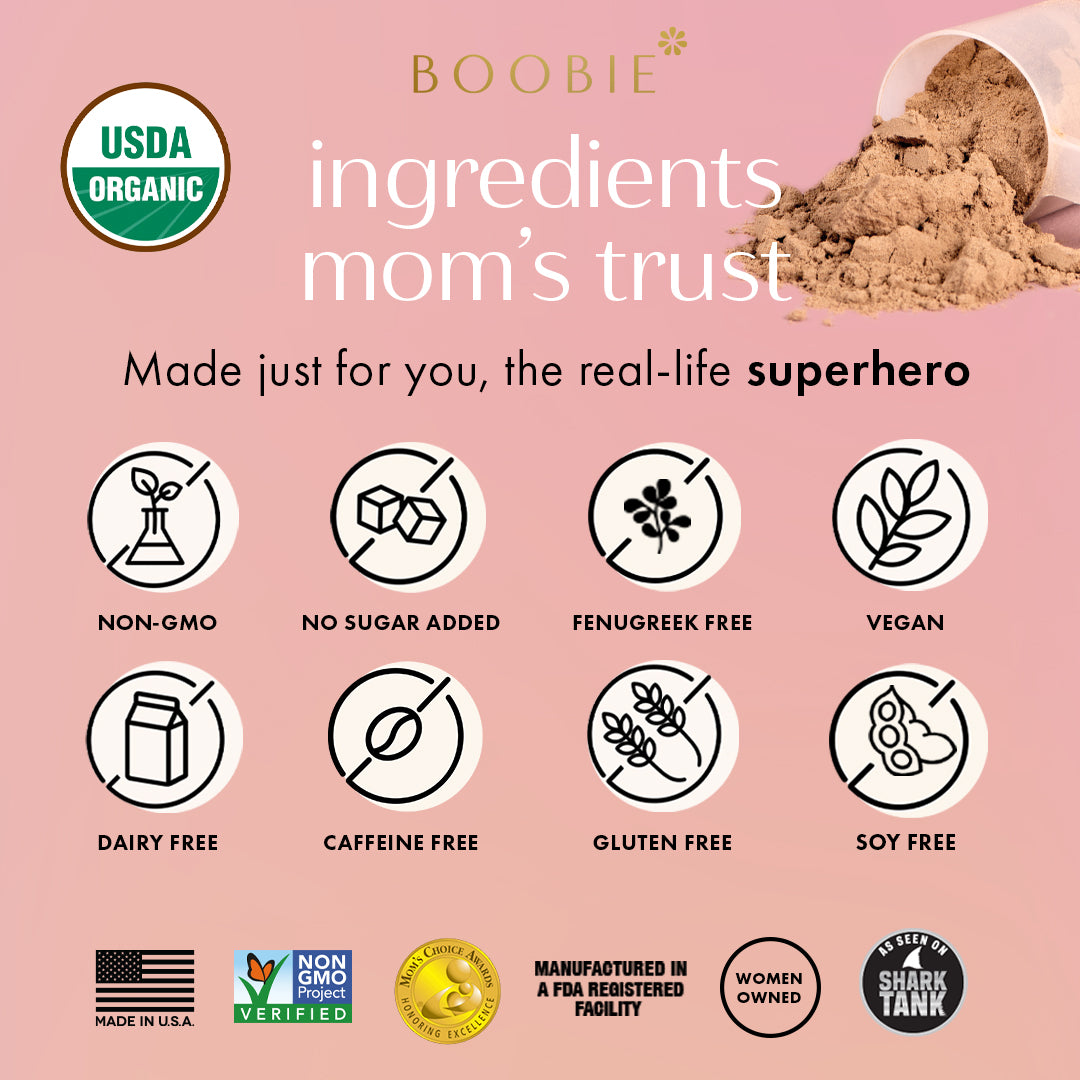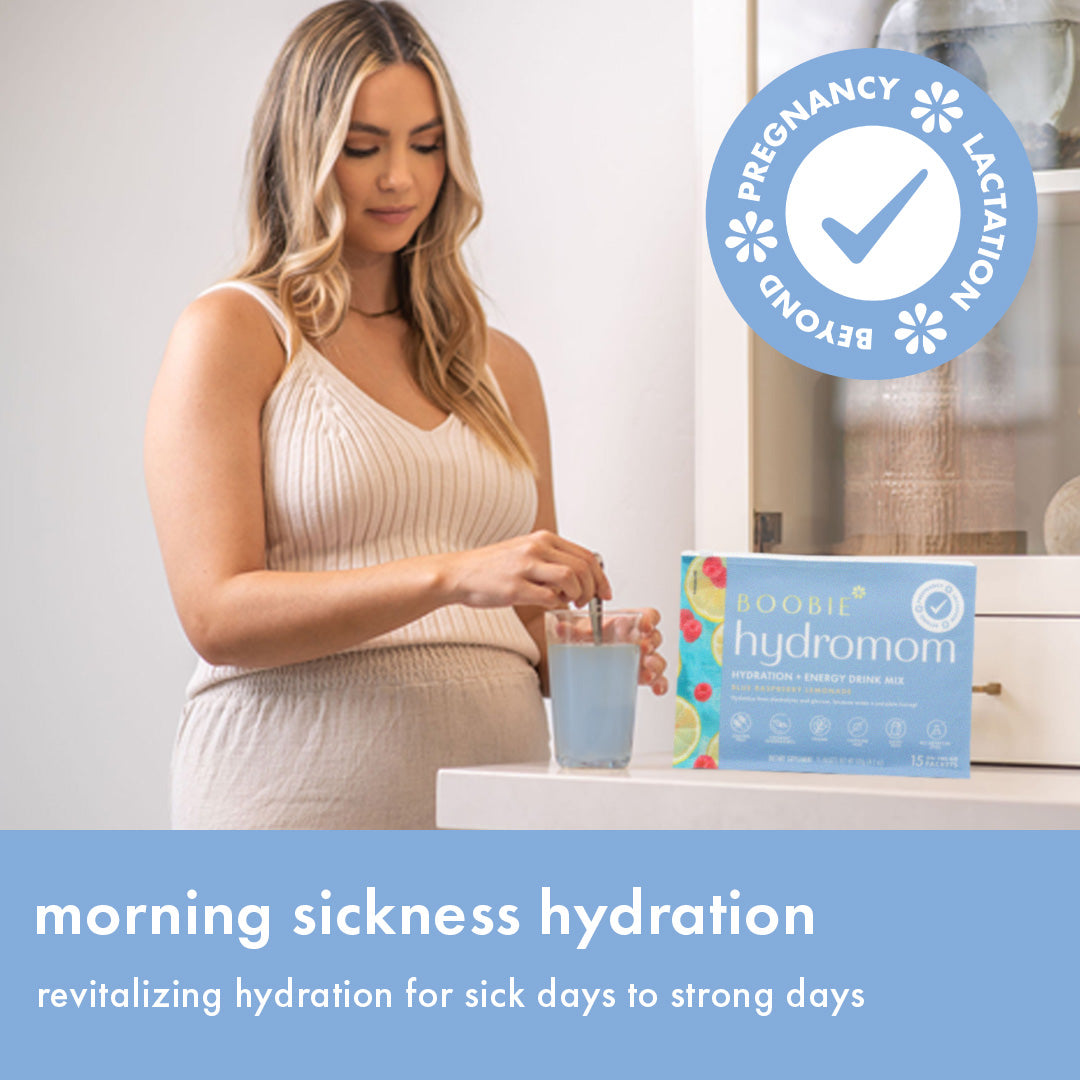Breastfeeding is often described as a beautiful and bonding experience, and while it can be deeply rewarding, it can also come with its share of emotional challenges. For many parents, the postpartum period is a time of mixed emotions—joy, exhaustion, uncertainty, and, sometimes, feelings of being overwhelmed. Breastfeeding, with its unique demands, can amplify these emotions, affecting both physical and mental health.
As an International Board Certified Lactation Consultant (IBCLC), I’ve seen firsthand how breastfeeding can impact a parent’s emotional well-being. It’s important to recognize that your mental health is just as crucial as your physical health during this period. In this post, we’ll explore the emotional challenges that can accompany breastfeeding and offer some practical tips for self-care and seeking help when needed.
The Emotional Rollercoaster of Breastfeeding
1. Pressure to Succeed
Many parents feel an intense pressure to succeed at breastfeeding, especially with the widespread messaging about its benefits for babies. While it’s true that breastfeeding has many health benefits, the pressure to "get it right" can sometimes lead to feelings of inadequacy or guilt if challenges arise.
Whether it’s difficulty latching, low milk supply, or ongoing pain, these struggles can cause frustration and anxiety. You may feel like you’re not doing enough, or that you’re failing at something that’s “supposed” to come naturally. It’s important to remember that breastfeeding is a skill that you and your baby are learning together—it takes time and patience.
2. Physical Exhaustion
Breastfeeding, especially in the early days, can be physically demanding. Frequent feedings, sleepless nights, and the constant need to be available for your baby can leave you feeling exhausted. This physical toll can make it harder to cope with other aspects of postpartum life and may exacerbate feelings of stress or sadness.
3. Hormonal Shifts
The postpartum period brings a wave of hormonal changes that can influence your mood and emotions. The release of oxytocin during breastfeeding can promote bonding and relaxation, but fluctuating hormones, combined with sleep deprivation, can also make you more vulnerable to feelings of anxiety or depression.
4. Breastfeeding and Postpartum Depression
For some parents, the emotional challenges of breastfeeding can contribute to or exacerbate postpartum depression (PPD) or anxiety. Postpartum depression is a serious condition that affects many new parents and can impact your ability to enjoy your time with your baby or feel confident in your role as a parent.
If breastfeeding challenges are contributing to feelings of sadness, isolation, or hopelessness, it’s important to reach out for support. Breastfeeding should not come at the expense of your mental health.
Tips for Self-Care During Breastfeeding
Taking care of your mental and emotional well-being is essential for both you and your baby. Here are some tips to help you navigate the emotional ups and downs of breastfeeding:
1. Set Realistic Expectations
It’s easy to have a picture-perfect idea of what breastfeeding will look like, but the reality can be much different. Some days will be easier than others, and it’s important to set realistic expectations. You’re not failing if things don’t go perfectly. Accepting that breastfeeding is a process, with its highs and lows, can help relieve some of the pressure.
2. Prioritize Sleep and Rest
Sleep deprivation can make everything feel more overwhelming. While it may seem impossible to get enough rest with a newborn, try to sleep whenever you can. Accept help from family or friends to give yourself breaks for rest. If your baby is nursing frequently at night, consider pumping and having a partner help with some feedings to allow you extra sleep.
3. Take Care of Your Body
Breastfeeding is a physically demanding task, so taking care of your body is essential. Stay hydrated, eat nourishing meals, and consider gentle forms of exercise like walking or stretching to help alleviate stress. Physical self-care can support your emotional well-being and boost your energy.
4. Make Time for Yourself
Even small moments of self-care can make a big difference. Whether it’s a quiet cup of tea, a relaxing bath, or just stepping outside for a breath of fresh air, making time for yourself can help restore your emotional balance. Prioritize activities that make you feel good, even if only for a few minutes each day.
5. Connect with Other Parents
Breastfeeding can sometimes feel isolating, especially if you’re facing challenges that others seem to breeze through. Connecting with other parents who are going through similar experiences can provide a sense of community and validation. Consider joining a local breastfeeding support group or an online community where you can share your struggles and successes.
6. Be Gentle with Yourself
It’s okay if breastfeeding doesn’t go exactly as you planned. Some parents decide to supplement with formula, others switch to pumping exclusively, and some transition to formula feeding entirely. There is no one “right” way to feed your baby—what matters most is that both you and your baby are happy and healthy.
When to Seek Help
If you’re feeling overwhelmed, sad, or anxious about breastfeeding or any other aspect of postpartum life, it’s important to seek help. Your mental health matters, and you don’t have to navigate these challenges alone.
1. Reach Out to a Lactation Consultant
If you’re struggling with breastfeeding challenges that are affecting your emotional well-being, a lactation consultant can help. We can work with you to find solutions that make breastfeeding more comfortable and manageable. Sometimes, a small adjustment in technique can make a big difference.
2. Talk to a Mental Health Professional
If you’re experiencing symptoms of postpartum depression or anxiety—such as feeling persistently sad, hopeless, or anxious, or having difficulty bonding with your baby—it’s crucial to speak with a mental health professional. Postpartum depression is treatable, and getting help early can make all the difference.
3. Lean on Your Support Network
Don’t hesitate to lean on friends, family, or your partner for emotional and practical support. Let them know how you’re feeling, and don’t be afraid to ask for help with tasks like baby care, household chores, or just giving you a break when you need it.
Breastfeeding is an emotional journey, and it’s normal to feel a wide range of emotions—both positive and challenging. Remember that it’s okay to ask for help when you need it, and it’s important to take care of your mental health as much as your physical health.
If you’re feeling overwhelmed by the emotional demands of breastfeeding, you don’t have to go through it alone. As an IBCLC, I’m here to support you every step of the way, offering both practical solutions and emotional guidance to help you navigate this period with confidence and compassion.





















